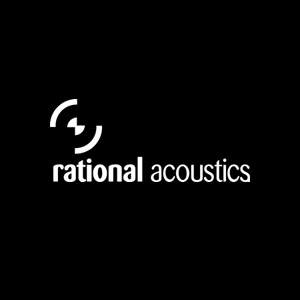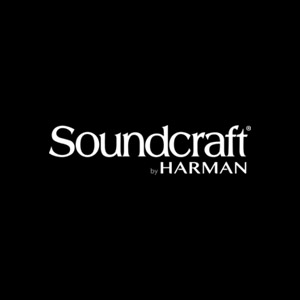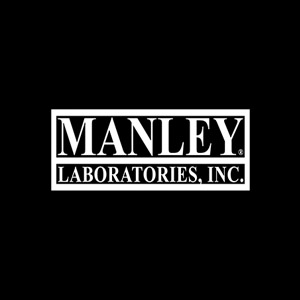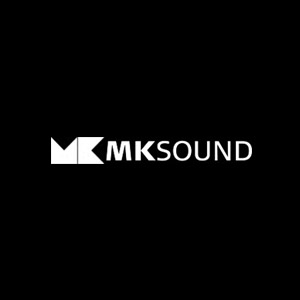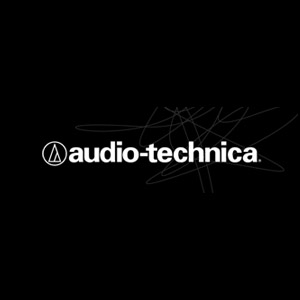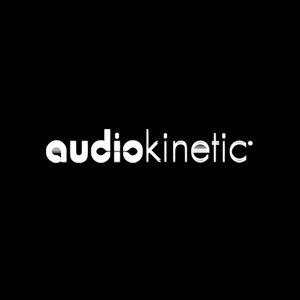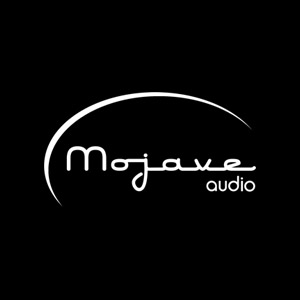Facts About Becoming an Audio Engineer: Learning Audio Engineering with CRAS
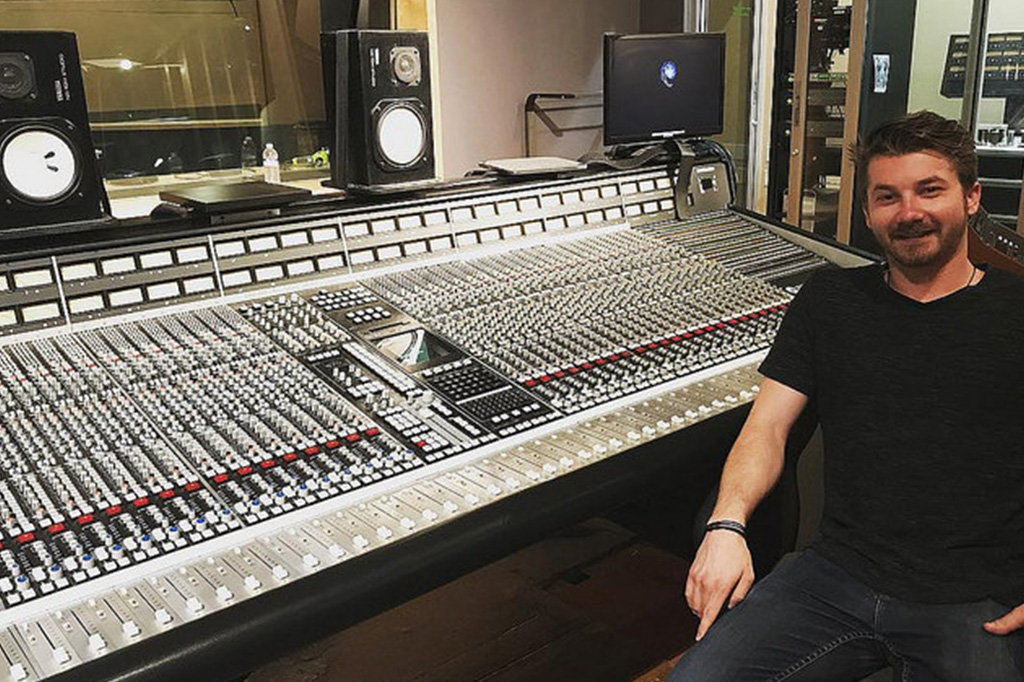
Audio Engineering skills can put you on you on the path to an exciting and rewarding career that reaches nearly every aspect of daily life.
Everything from music production to the creation of commercial advertisements relies on crisp and clear audio. If you have ever sought a life that bases itself in sound, then you’re going to have to “learn” your way in that world! So, what’s the best way of “learning” your way in? For certain, the BEST way into the Professional Audio Industry is by getting the BEST education possible!
A quality education is paramount to understanding sound production. The Conservatory of Recording Arts and Sciences (CRAS) provides a real-world curriculum, with top-tier Instructors, and world-class facilities, which gives CRAS students the knowledge, credentials, pedigree, and, most importantly, THE EDGE, when it comes to being accepted in The Pro Audio world. YOUR DREAM in this Industry can be YOUR REALITY, but your best route there is the CRAS WAY!
What Does an Audio Engineer Do?
Many believe that Audio Engineers mainly work in recording studios. Truthfully, Audio Engineers have the capability of not only working on records in “big time” recording studios for Music Production, but also have the capability of mixing sound in the field for Post Production (sound for movies), going on tour (Live Sound Reinforcement), getting sound for television/websites to millions of viewers (Broadcast Audio), or recording shotgun blasts to be used in video games (Game Audio). An Audio Engineer’s “office” can be anywhere their knowledge, and imagination, wants it to be!
Some believe that an Audio Engineer’s responsibilities only include modifying audio files and mixing them into existing tracks. While sometimes true, there are many times that the Audio Engineer is the one CREATING the sounds being heard, by way of taking imagination and applying knowledge to the task at hand.
Aspects of an Engineer’s Job
- Recording: Setting up, positioning microphones, cabling equipment, getting “levels,” making sure the artist’s performances can be “built upon,” and controlling all aspects of the “science” on consoles/DAWs.
- Editing: Cleaning/contouring sounds so that future projects/sessions, based on these sounds, can accomplish the sonic goals of all involved.
- Mastering: The artform of “mastering” is taking all “mixed” songs/sounds and getting them to be “consumer presentable,” by using technologies like EQ and Compression, to name a Audio engineering schools like CRAS can help aspiring professionals get the training they need. Whether you know a bit about sound production and audio recording coming in or you’re brand new to the field, our courses will put you on the fast track to a fulfilling career behind the mixing board.
Common Jobs for Audio Engineers
The employment field for Audio Engineers is FAR WIDER than you think it is! From recording artists in recording studios, to scrutinizing forensic audio for Law Enforcement, there are “jobs” in Professional Audio that are never even thought about… How do sounds get into toys? Who helps design the interiors of vehicles for comfort? When astronauts are in orbit, how do they transmit communication? See? Three simple questions that never get asked that EXCITE dozens of other questions as to “how does this sound happen?
With a CRAS education, YOU would be prepared to take on the AUDIO WORLD!
Why You Should Choose CRAS
CRAS is a leader in the Education of Sound Production and Audio Engineering. To help students get a real-world understanding of this important trade, we conduct our learning in 13 world-class studio environments, including our Mobile Broadcast Unit. With great technology and state-of-the-art facilities, we offer students a chance to learn the field using the same tools they’ll be expected to handle on the job.
What is Included in Our Program?
- The Physics of Sound: Understanding the specifics behind soundwaves helps audio engineers manipulate the audio more effectively.
- Electronics and Connectivity: Our thorough program teaches students about the fundamentals of studio equipment. This includes how to prepare a room for recording and how to diagnose any recording problems related to the hardware/software.
- Software and Common Effects: Students will get hands-on experience with the most common recording hardware/software in the industry. You’ll learn about MIDI tracks, time-based effects, dynamics processors and more!
- True audio professionals can tell the difference in sound quality even when the slightest variables are changed. With our detailed curriculum, you’ll have all the knowledge you need to deliver great results in the studio.
When you are ready to live a passion-filled life in Audio Engineering, choose CRAS. Under the guidance of our skilled instructors, you’ll get the training you need to excel in the field of sound production.
CRAS is ready to make your DREAM a REALITY. All YOU have to do is contact us at cras.edu or call us at (800)562-6383.

